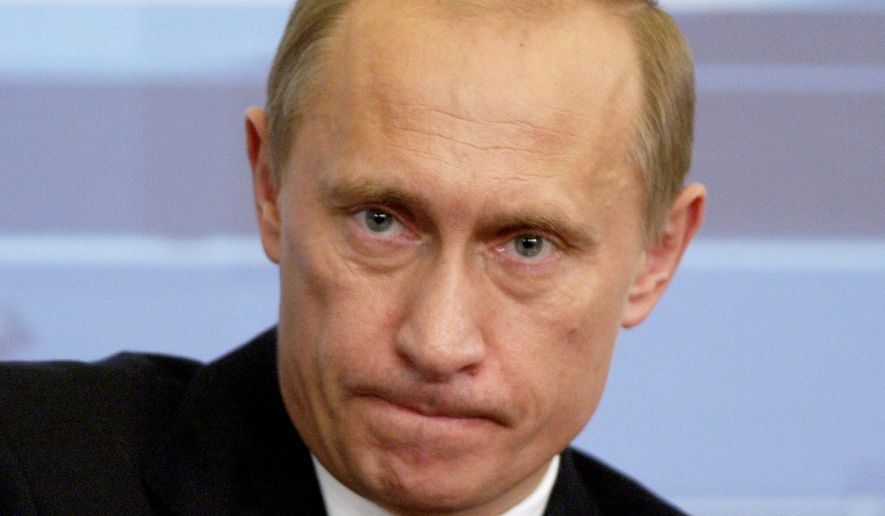Internet regulators in the Kremlin said this week that Twitter must begin storing the details of Russian users at facilities located within the country, walking back an earlier decision not to force the company into complying with a controversial, recently enacted data law.
The head of the government’s media watchdog, Roskomnadzor, said in July that Twitter wouldn’t have to abide by a law requiring the service to operate inside Russia since it wasn’t collecting the kind of user information desired by authorities. On Tuesday, however, Roskomnadzor chief Alexander Zharov said new policies adopted by the social media service in the months since have given regulators reason to reverse their stance.
“They changed their user agreement some months ago. And if you read that, people must provide a set of metadata, which in our understanding as a whole counts as personal data and allows to identify an individual,” Mr. Zharov said, the Financial Times reported.
In accordance with the data localization law that went into effect on Sept. 1, Internet companies that collect the “personal information” of Russian users must store their data on servers within the country and notify the authorities of their physical location when asked.
Mr. Zharov has claimed there are around 2.6 million entities that operate in a manner that requires them to maintain servers in Russia, and companies including Google, Uber and PayPal have already began operating in part there.
But in tandem with other government-led efforts to restrict online content under Russian President Vladimir Putin, critics have said that the data localization law is less about protecting the privacy of Russian citizens and more about giving the Kremlin greater control over the Internet.
“The law is not meant to be taken literally,” journalist Andrei Soldatov told The Guardian in September. “The idea is to have a pretext to force these big global companies to talk to the Kremlin. It could also force them to open offices here, which would make them more amenable to pressure from authorities.”
Under the new law, Roskomnadzor can impose penalties and blacklist companies who don’t cooperate with the government’s requests. Moscow briefly banned the entirety of Reddit and Wikipedia earlier this year as a result of their unwillingness to immediately restrict access to content deemed offensive by Russian authorities.
Maxim Ksenzov, the deputy head of Roskomnadzor, threatened to block Twitter earlier this year, but was rebuffed by Prime Minister Dmitry Medvedev, who said authorities should “switch on” their brains.
Twitter declined to comment to repeated requests from the media this week regarding Mr. Zharov’s remarks. Mr. Zharov said Roskomnadzor will “wait patiently” for news of Twitter’s compliance, the Financial Times reported.
Roskomnadzor plans to audit around 300 companies before the end of the year to see if they are operating in accordance with the law.
• Andrew Blake can be reached at ablake@washingtontimes.com.




Please read our comment policy before commenting.